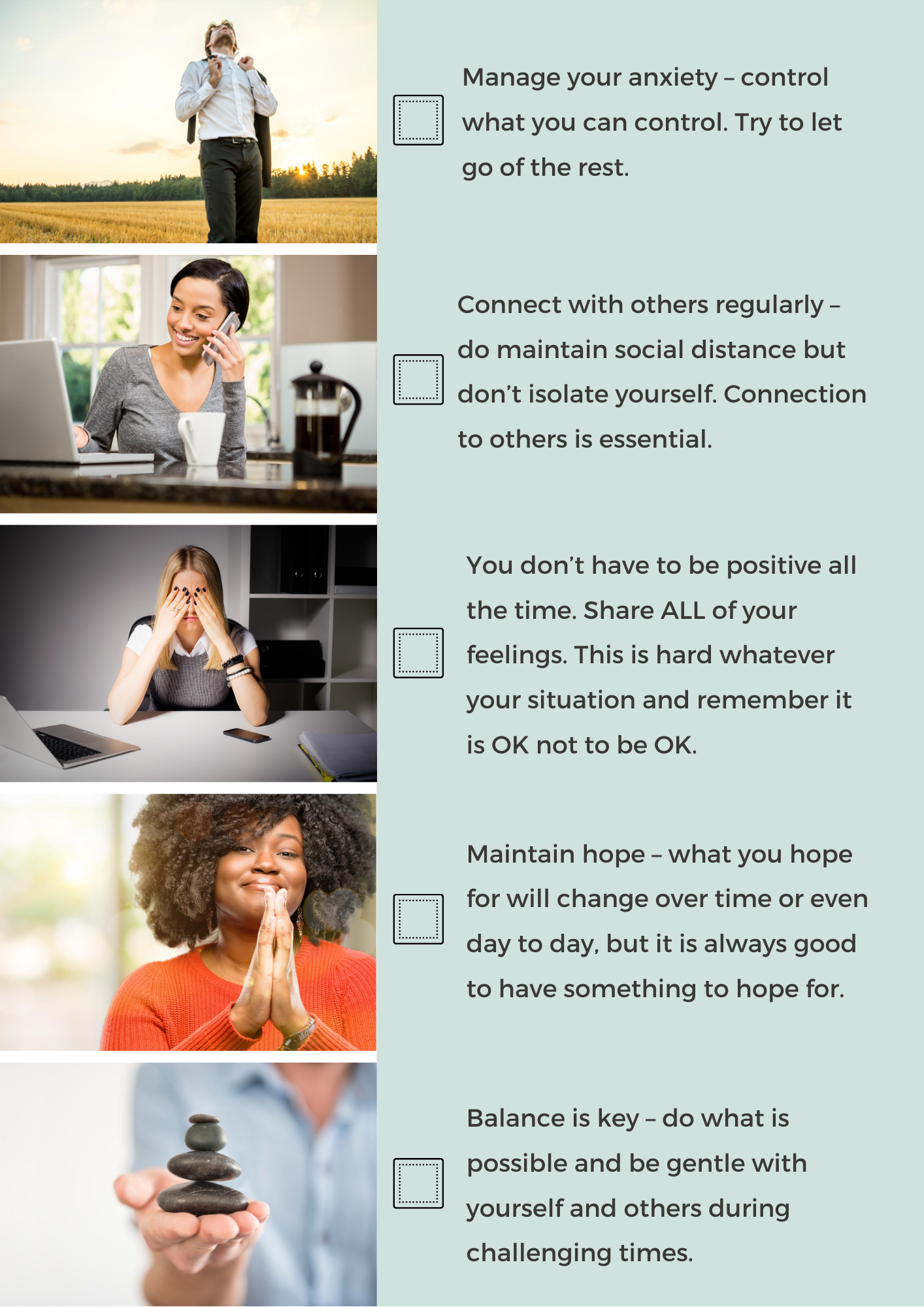Receive Personalized Support Through PEN’s New Text-Line
Now, you can receive personalized support from our Network Managers by texting EMPOWER to +1-833-213-6657. Each of our Network Managers is a compassionate volunteer who can offer you their first-hand experience with specific cancer types. Whether you’re a cancer patient, or caring for someone who is, PEN’s Network Managers will be here for you at every step of your journey.
To introduce how you can benefit from the PEN Text-Line, we’ve shared the following FAQs, but please let us know if you have feedback or further questions.
What number do I text?
+1-833-213-6657
Who will receive and respond to my text messages?
Your text will be received by PEN’s Network Manager Coordinator, who will then connect you to the Network Manager best-suited to support your needs. Additional Network Managers may also respond, as we know it can be helpful to receive more than one perspective.
Your initial message to the PEN Text-Line will receive an auto-response, but please know that it will soon be read and personally responded to by a member of the PEN team!
What types of support can I receive from the Network Managers?
Through their personal experiences with cancer, PEN’s Network Managers are here to offer you community and connection. You can ask us anything! For example:
- Cancer-focused guidance
- Online and in-person support groups for patients or care partners
- Financing options for cancer treatment
- Identifying clinical trials
- Recommended webinars
- What questions to ask your healthcare team
- Methods for managing stress, and for living in the moment
- How to share the news of your diagnosis with loved ones and colleagues
We also encourage you to reach out even if you don’t have a specific question; you are not in this alone—there will always be someone from the Patient Empowerment Network team here to listen and offer encouragement.
Are there other reasons to engage with PEN’s Text-Line?
Definitely!
Send us your suggestions for our online content and services. For example:
- What topics would you like us to cover more, or less often?
- Do you have suggestions for PEN’s future Empowered #PatientChats?
- Would you like to contribute articles to the PEN blog
- Do you want to inspire others by sharing the story of your own path to patient empowerment?
Be the first to receive the latest PEN news by texting the word EMPOWER to the Text-Line. You will then be prompted to choose what notifications you would like to subscribe to. For example:
- Upcoming PEN webinars and other events
- New content releases from the Network Managers
- Wellness boosts, such as notes of encouragement and health tips
Is my interaction with the PEN Network Managers Text-Line HIPAA compliant?
Your messages will always be kept in strict confidence, however the PEN Text-Line is not HIPAA compliant. Therefore, we encourage you to use discretion when discussing specific information such as your or other individuals’ names, diagnosis details, etc. Please note that any advice provided by the PEN Network Managers is not medical advice. We also recommend patients refrain from giving other patients medical advice.
Who can I contact for more information or to provide feedback?
Feel free to email Nykema Mpama at kema@powerfulpatients.org.
Message and data rates may apply
Carly Flumer is a young woman who was diagnosed with stage I papillary thyroid cancer at the age of 27. She recently received her Master’s degree from Boston University in Health Communication and received her Bachelor’s from George Mason University in Health Administration and Policy. While being diagnosed with the “C” word at such a young age was a surprise, as it would be to anyone, she found strength, support, and inspiration in sharing her cancer journey on social media. As a result of her health outcome, she looks to advocate for other cancer patients through education, research, and health literacy.





